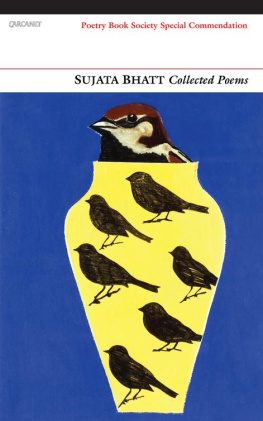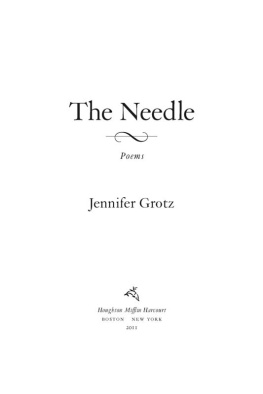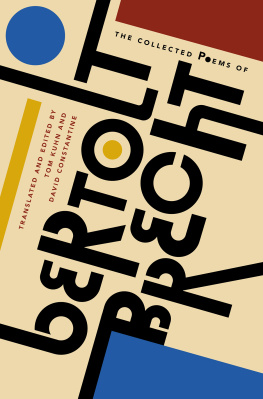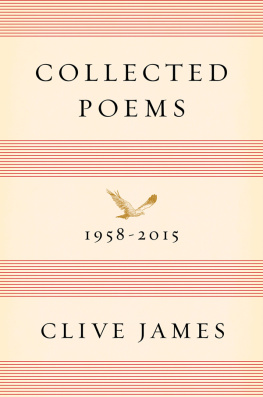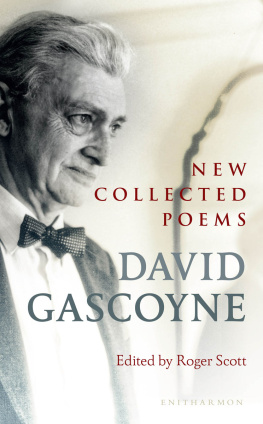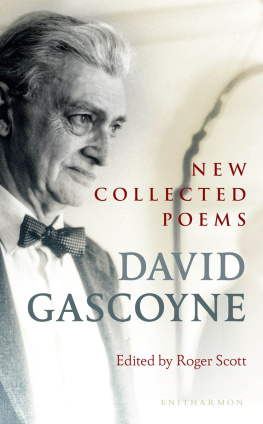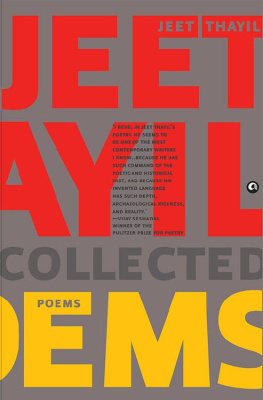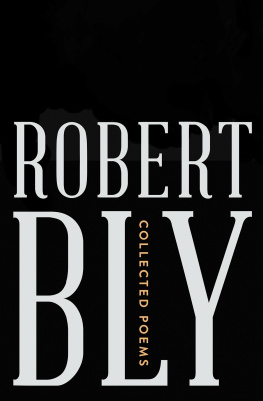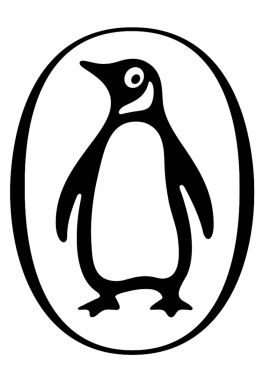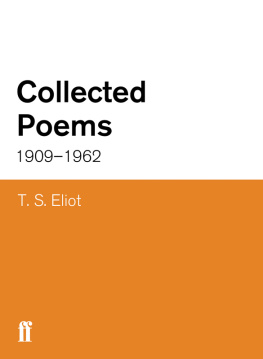Zbigniew Herbert - The Collected Poems: 1956-1998
Here you can read online Zbigniew Herbert - The Collected Poems: 1956-1998 full text of the book (entire story) in english for free. Download pdf and epub, get meaning, cover and reviews about this ebook. year: 2008, publisher: Ecco, genre: Detective and thriller. Description of the work, (preface) as well as reviews are available. Best literature library LitArk.com created for fans of good reading and offers a wide selection of genres:
Romance novel
Science fiction
Adventure
Detective
Science
History
Home and family
Prose
Art
Politics
Computer
Non-fiction
Religion
Business
Children
Humor
Choose a favorite category and find really read worthwhile books. Enjoy immersion in the world of imagination, feel the emotions of the characters or learn something new for yourself, make an fascinating discovery.

- Book:The Collected Poems: 1956-1998
- Author:
- Publisher:Ecco
- Genre:
- Year:2008
- Rating:5 / 5
- Favourites:Add to favourites
- Your mark:
- 100
- 1
- 2
- 3
- 4
- 5
The Collected Poems: 1956-1998: summary, description and annotation
We offer to read an annotation, description, summary or preface (depends on what the author of the book "The Collected Poems: 1956-1998" wrote himself). If you haven't found the necessary information about the book — write in the comments, we will try to find it.
The Collected Poems: 1956-1998 — read online for free the complete book (whole text) full work
Below is the text of the book, divided by pages. System saving the place of the last page read, allows you to conveniently read the book "The Collected Poems: 1956-1998" online for free, without having to search again every time where you left off. Put a bookmark, and you can go to the page where you finished reading at any time.
Font size:
Interval:
Bookmark:
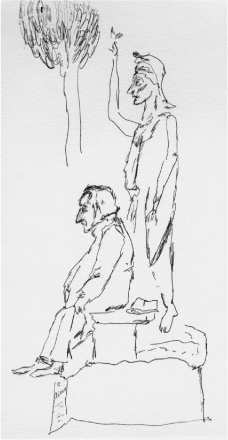
Translated and Edited by ALISSA VALLES
With Additional Translations by
C ZESLAW M ILOSZ and P ETER D ALE S COTT
Introduction by A DAM Z AGAJEWSKI
THE
COLLECTED
POEMS
 19561998
19561998
ZBIGNIEW
HERBERT

T HE PRESENT BOOK contains the nine collections of poetry that Zbigniew Herbert published during his lifetime, from his late debut, Chord of Light, which appeared in 1956, to Epilogue to a Storm, the collection that appeared a few months before Herberts death in July 1998. Unpublished or uncollected poems from the poets archive have not been included; Herberts English-language readers will have to wait until a definitive edition of Herberts poetry exists in Poland before a collected in the most literal sense can be assembled in English. Nevertheless, this book does gather together the main body of his published poems for the first time, preserving the order of the individual collections as they initially appeared.
With the exception of the last, which Herbert was already too ill to edit properly, these collections were solidly constructed as unifed wholes. Throughout his writing life, Herbert fought against considerable odds to retain basic control over the form in which his work was sent into the world. He was constantly confronted with the problems of a writer working under varying degrees of censorship. J. M. Coetzee, in an essay in the collection Giving Offense, has aptly described this struggle as one in which building for the test of the classicthat of endurancewas also Herberts best strategy against the figure of the censor in literary culture. He combined a singular sensitivity to the drama of power with a desire to thwart those who would trim the body of his work to fit any ideologicalor idealorder.
Collected Poems reprints the seventy-nine poems chosen and translated by Czeslaw Milosz and Peter Dale Scott, and published as Selected Poems in the Penguin Modern European Poets series in 1968, under the editorship of A. Alvarez; these poems have been inserted into the sequence of the original Polish collections. These fine translations were Herberts first extensive introduction to the English-speaking world. They have been retained here unchangedwith one exception. In any circumstances I would be hesitant to revise others translations, and I was particularly reluctant to tamper with Scotts and Miloszs well-known versions. For this reason, and because it may throw some light on Herberts poetry as a whole, I will add a few words on the one small change I made.
In the poem Apollo and Marsyas the fourth stanza reads in Polish:
tylko z pozoru
glos Marsjasza
jest monotonny
i sktada siz jednej samogtoski
A
Milosz and Scott originally translated this as follows:
only seemingly
is the voice of Marsyas
monotonous
and composed of a single vowel
Aaa
I chose to remove the aa added, restoring the simple A of Herberts poem. To my sense it is crucial that though this poem is composed around a cry of pain, Herbert does not explicitly sound it in the poem, but points to it and portrays it in a series of metamorphosesa landscape, a choir, a petrified nightingale. To translate it into a cry is to remove animating ambiguities in the poem: Who perceives this sound, and as what? What, if anything, does the sound express or indicate? Who is it who describes the bodys landscape in the poems indented sectionis this Apollos aestheticized reading of Marsyass pain, or is the poet showing us a mortal beauty hidden from the god because he is immortal? What is the nature of this real duel between god and sileneand what would constitute victory?
From Herodotus Histories via Platos Symposium, Ovids Metamorphoses, Dantes invocation to Apollo as the flayer of Marsyas in the opening canto of the Paradiso, and Titians famous The Flaying of Marsyas, right up to Anish Kapoors 2002 installation Marsyas, exhibited at the Tate Modern in London, this myth itself metamorphoses throughout history, growing and shedding aesthetic, moral, political, and religious meanings. Herberts poem defies any attempt to pin its terms to a stable set of metaphors; rather, the poet reintroduces the knot of rival meanings the story accrued over centuries and makes them reverberate at the core of the poem, provoking questions about the relation between human and non-human sounds, between pain and creation, art and compassion, eros and disgust.
For Herbert the sphere of myth is an intensification and complication of reality, never a refuge. Myths are treacherous, subject to all sorts of manipulation for political advantage, as in the prose poem Cernunnos. Sometimes it is not myths that fail man but man who shows himself too petty to inhabit them, slipping through their structure like plankton through a netas in Herberts rewriting of the Biblical story of Jonah. Frozen into a solid form, on the other hand, myths are deadly; perhaps this is why Apollo and Marsyas closes with a scene of petrification: the exact opposite of Ovids version of the story, which ends in the transformation of the creature Marsyas into the name of a clear river.
In my reading, this is a truly inexhaustible poem and, in its attempt to push past the confines of modernism, one of the most important in postwar European poetry. It resonates strangely with a poem published in the same year, 1961, but arising in a very different personal and literary context: Paul Celans Die Silbe Schmerz (The Syllable Pain), a poem that also relies on the tension between articulate speech and inarticulate pain to probe the mysteries of world creation. I consider it a translators job in such a case to retain the fullest possible range of complexity; the difference between A and Aaa may seem small, but seen in the light of Herberts deep participation in the aesthetic and philosophical quandaries of modernity, it marks an abyss.
I OWE A considerable debt to previous translators of Herbert, notably to John and Bogdana Carpenterwho not only acted as Herberts translators over many years but contributed much to his reception and recognition in the English-speaking worldbut also to all those who produced versions of individual poems for anthologies: Stanislaw Baranczak and Clare Cavanagh, Adam Czerniawski, and Robert Mezey, who included a translation of the poem Sequoia done in collaboration with Jacek Niecko in a recent Library of America Poems of the American West. There may be others of whom I am unaware. Great poets deserve many translators, and I hope existing translations will continue to be read and new translations emerge, throwing a new light on the poems and ensuring their continued life in English.
Im deeply grateful to all the friends and colleagues who read my versions over several years, and especially to James Leigh, who read them all with a musicians ear; to Dan Halpern for having confidence in me; to Millicent Bennett of Ecco for her hard work and solidarity; to Henryk Citko of the Herbert archive in Warsaw for patient and painstaking assistance with textual, visual, and biographical materials; to Marysia Dzieduszycka for her passionate devotion and practical intelligence; to Leonard Gardner for lugging the weight; to Robert Hass for good counsel; to Krystyna and Ryszard Krynicki for an unstinting supply of books and textual first aid; to Gabriel Leigh and Ria Loohuizen for staunch moral support; to Jessy Kaner and Derek Miller for a quiet flat to read proofs; to Maya Wodecka and Adam Zagajewski for aiding and abetting the project in myriad ways; and, above all, to Katarzyna Herbert, for the good humor, generosity, and grace with which she responded to inquiries and gave warm and unfailing encouragement.
Next pageFont size:
Interval:
Bookmark:
Similar books «The Collected Poems: 1956-1998»
Look at similar books to The Collected Poems: 1956-1998. We have selected literature similar in name and meaning in the hope of providing readers with more options to find new, interesting, not yet read works.
Discussion, reviews of the book The Collected Poems: 1956-1998 and just readers' own opinions. Leave your comments, write what you think about the work, its meaning or the main characters. Specify what exactly you liked and what you didn't like, and why you think so.

